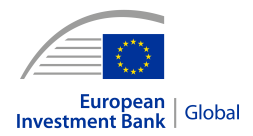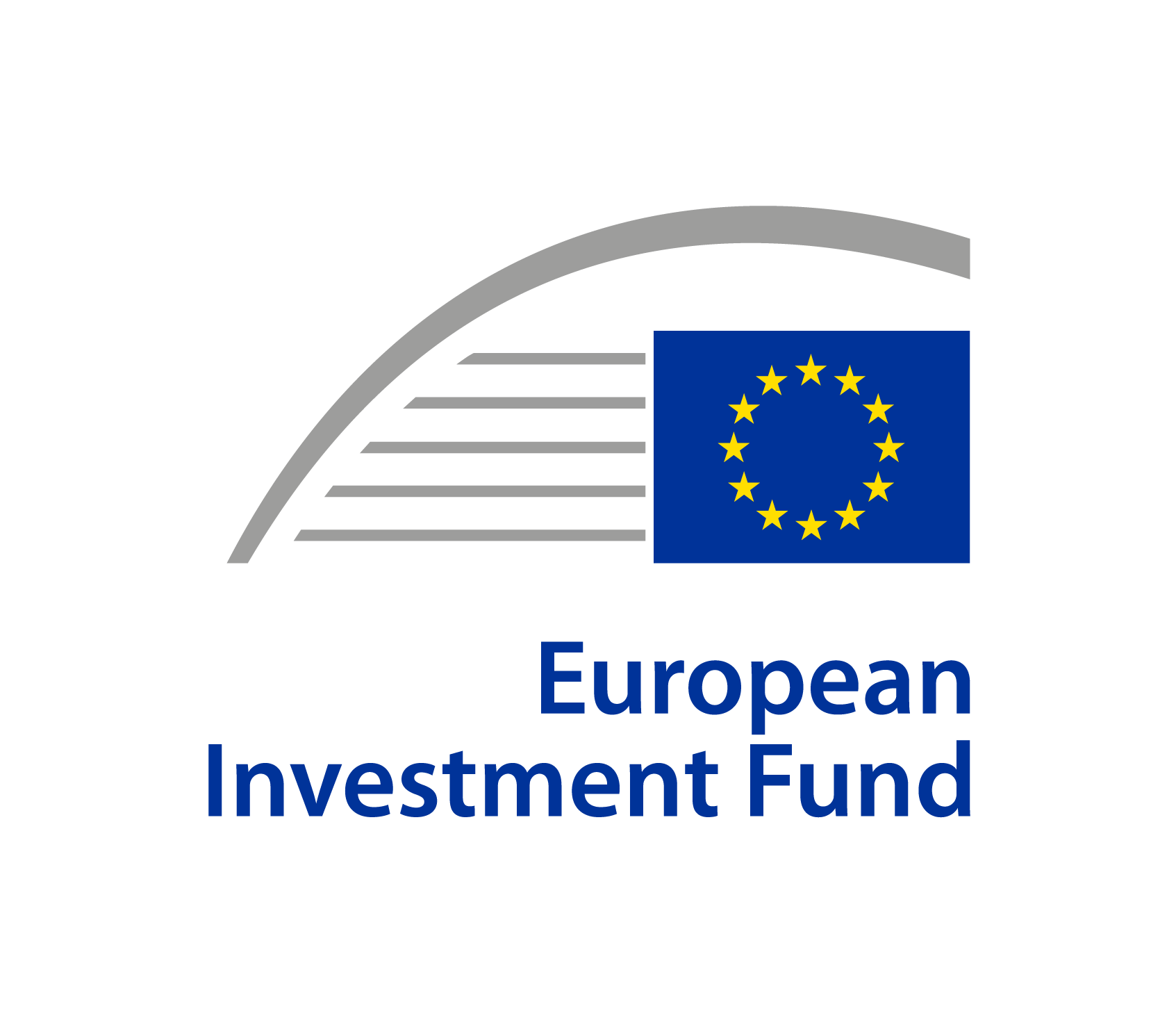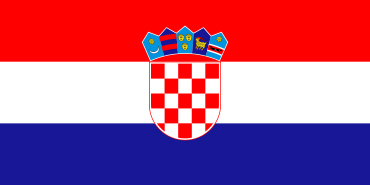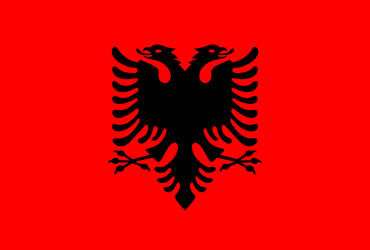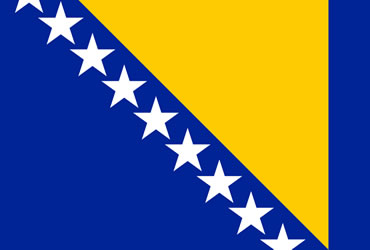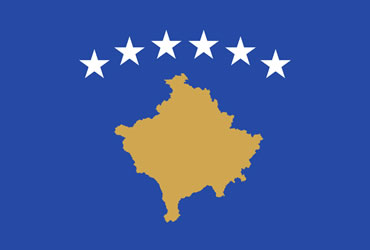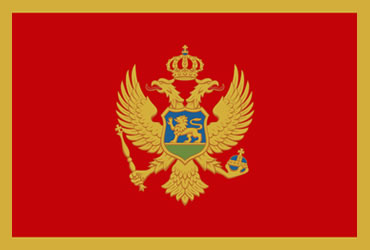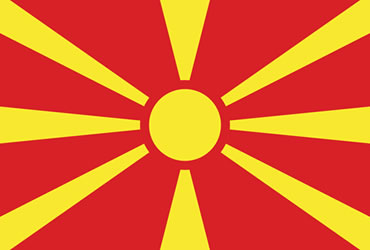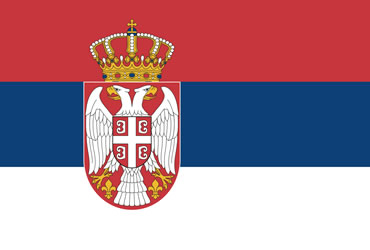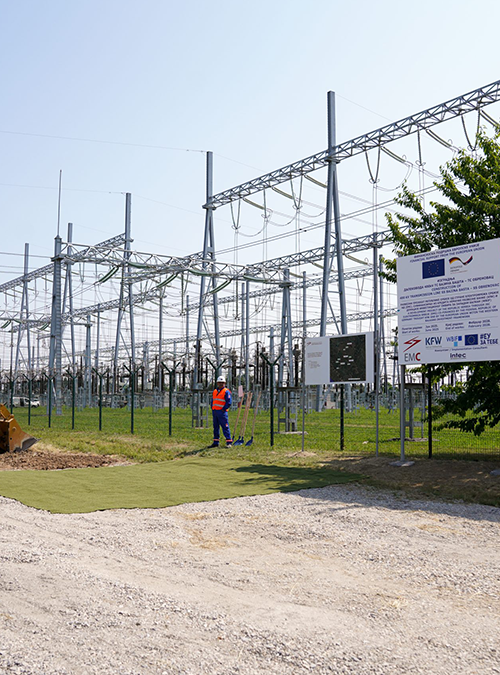
‘Energy Highway’ connecting Serbia and Montenegro: works start on third section
Works began on constructing the third section of the Trans-Balkan Electricity Corridor, from Obrenovac to Bajina Bašta, on 10 June 2025.
A two-system 400 kV transmission line, 109 kilometres long, will be built, alongside upgrades to the Obrenovac and Bajina Bašta transmission stations.
Dubravka Đedović Handanović, Serbian Minister of Mining and Energy, and Emmanuele Giaufret, EU Ambassador to Serbia attended the start of works ceremony, alongside Jelena Matejić, Director of the Elektromreža Srbija Joint Stock Company, and Judit Hoffmann, Head of the Economic Cooperation Department of the Embassy of the Federal Republic of Germany.
The electricity corridor is one of the most important energy infrastructure projects in Serbia. In total, more than 480 kilometres of overhead transmission lines will be installed, connecting Serbia, Montenegro and Bosnia and Herzegovina to Croatia, Hungary, Romania and Italy (via undersea cables).
"What a highway or a railway is to transport, the construction of such transmission lines is to energy. Without a strong network, there is no strong energy, and that is why this most important project in our transmission system is crucial for each of our citizens, for our country, but also for the whole of Southeast Europe," emphasised Minister Đedović Handanović.
Performant electricity transmission lines are a key enabler for the energy transition. Ambassador Giaufret pointed out that the funds allocated by the EU for this section are part of wider support.
"For the Trans-Balkan Corridor sections in Serbia, the EU has contributed €38.3 millionin grants, together with favourable loans from KfW. Over the years, the EU has allocated more than one billion euros for the energy sector in Serbia. This project is also important for the rest of Europe because it will contribute to the creation of a wider, integrated system that will make it possible to ensure a more stable supply of users on the entire continent, as well as to avoid problems in the future," he said.
The total value of the third section Obrenovac-Bajina bašta is around €100 million. The section is financed with a loan from KfW Bank to the amount of €64.5 million, a contribution from the Western Balkans Investment Framework (WBIF) of approximately €19 million, as well as with EMS AD's own funds. The value of the construction of the transmission line itself is €71 million.
"Germany is a strong and reliable partner of Serbia when it comes to sustainable development and energy is the sector in which our support is greatest. We are pleased that, together with the German Development Bank KfW, we are supporting the realisation of the Trans-Balkan Corridor. Connecting transmission systems is essential for the development of the network and the connecting projects of renewable sources," said Hoffman.
Mauro di Veroli, Head of WBIF at the European Commission’s Directorate-General for Enlargement and Eastern Neighbourhood was also in attendance with KfW representative Jasmina Vulović, president of the Republican Commission for Energy Networks, Boris Dumnić and other guests.
The Trans-Balkan Electricity Transmission Corridor includes four sections in Serbia. The first section, from Pančevo to the Romanian border, was completed in 2017, while the second section, from Kragujevac to Kraljevo, along with works on substations in those cities, was completed in 2022. The construction of the fourth section is planned, which will connect Bajina Bašta with Višegrad in Bosnia and Herzegovina and Pljevlja in Montenegro. Funding for the fourth section has been secured and will be completed in 2028.
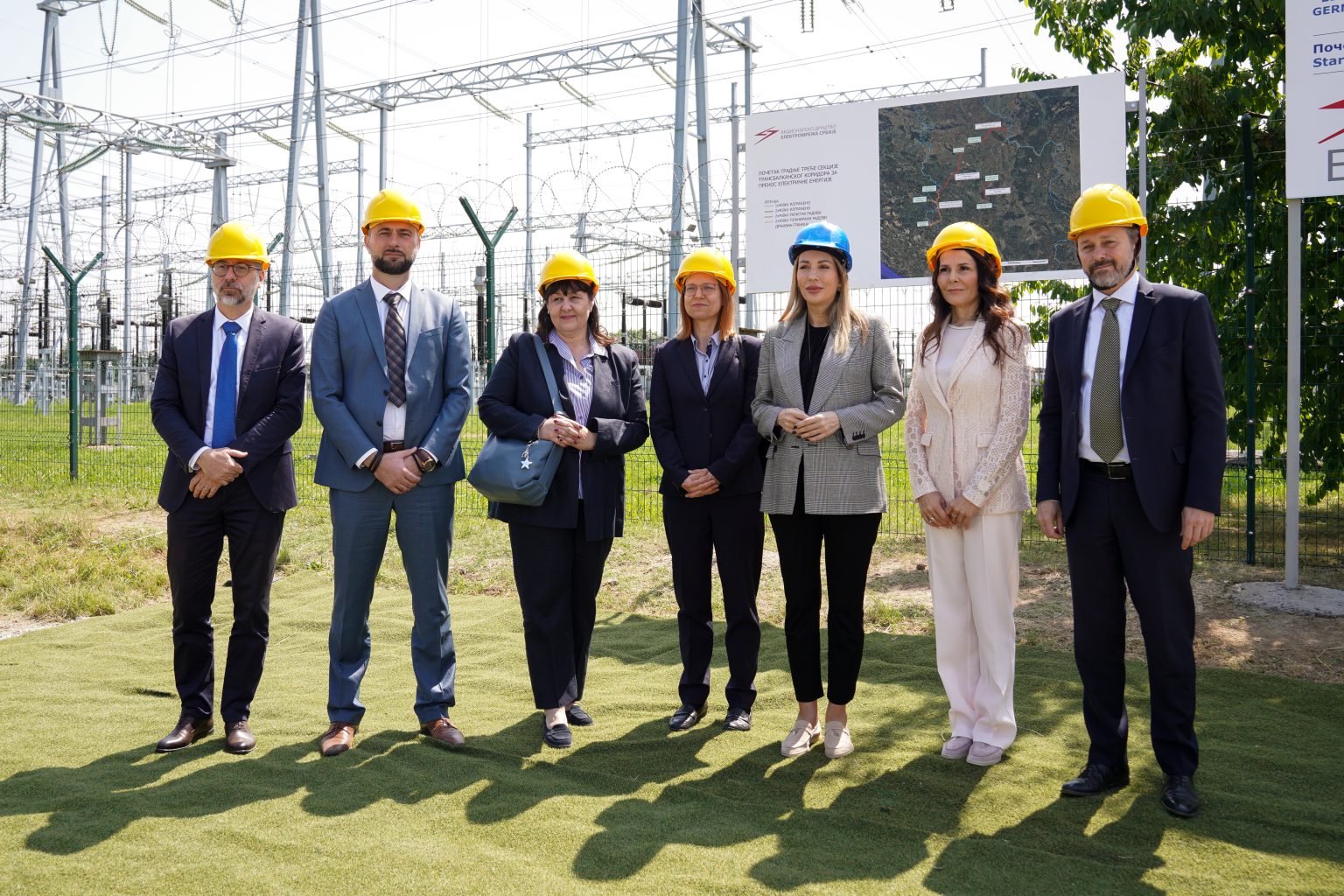
Trans-Balkan Electricity Corridor is connecting the electricity systems of Montenegro, Serbia and Bosnia and Herzegovina to Croatia, Hungary, Romania and Italy through 400 kV overhead lines and submarine cables. Of the total estimated investment of €290.1 million for the Trans-Balkan electricity corridor, the EU is contributing more than €65 million in grants, complementing the EBRD and KfW favorable loans, as well as beneficiary contribution from the national budget.
---
About WBIF and Global Gateway
The Western Balkans Investment Framework (WBIF) contributes directly to Global Gateway, the EU’s strategy to boost smart, clean and secure connections in digital, energy and transport, while strengthening health, education and research systems worldwide. Global Gateway aims to mobilise up to €300 billion worldwide in investments through a Team Europe approach, bringing together the EU, its Member States and financial institutions to leverage investments for a transformational impact.
